FEKKY INTERVIEW: FROM THE BOOTH TO THE BARN: FEKKY ON HOW RAP TAUGHT HIM TO FARM

FEKKY INTERVIEW: Fekky is rewriting the definition of an artist’s second act. Known for charting alongside the biggest names in UK Rap, Fekky’s career took an unexpected pivot when lockdown forced him to ask a fundamental question: what else do I want out of life? The answer? The stillness and purpose of farming. In this raw interview, the creator of the BBC’s Hood 2 Farm series explains how the hustle of Rap prepared him for the graft of the land, why “chasing peace” replaced “chasing charts,” and the powerful reason he’s giving back to the community with fresh eggs instead of just fresh bars.
Looking back, which single moment in your career do you feel changed everything for you?
Probably when I dropped ‘Still Sittin’ Here’ with Dizzee. That moment felt like the whole world was watching. But real talk, what changed me was when lockdown came. That pause made me slow down, look around, and ask myself — what else do I want out of life? It gave me time to think, and that’s where this whole next chapter started.
If you could revisit your early Rap days with today’s wisdom, what would you do differently?
I’d slow down and play the long game. Back then it was about momentum — drop tunes, shoot videos, be seen. But I’d focus more on structure, ownership, and protecting my energy. You can still go hard without burning out.
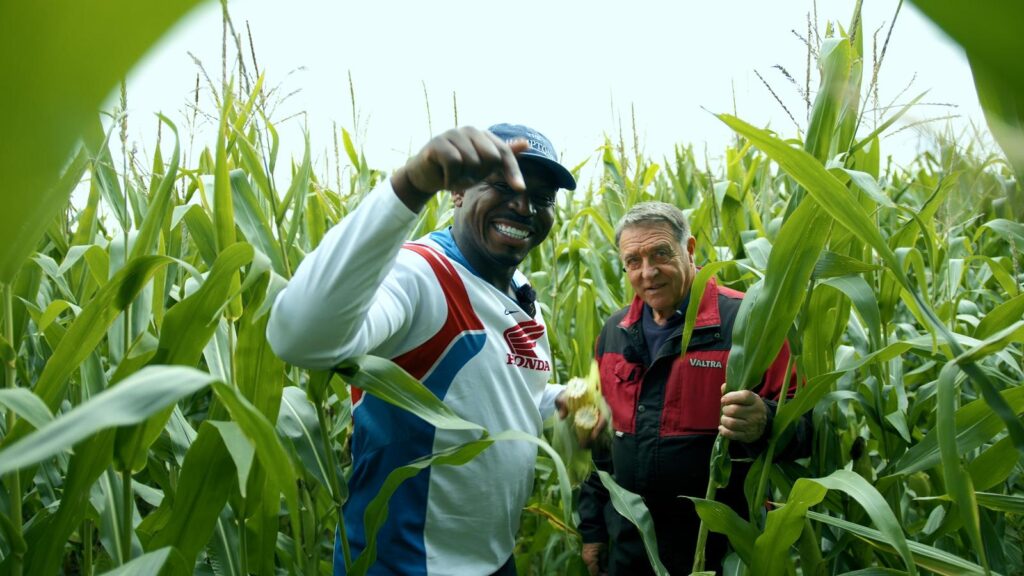
Do you think UK Rap is finally getting the global respect it deserves?
We’re getting there, but there’s still work to do. The world’s clock runs on America’s time — we’ve got to keep building our own time zone. The talent’s there, the culture’s powerful, but the infrastructure still needs catching up.
Has stepping into farming changed your perspective on music?
Definitely. It gave me balance. I haven’t stopped making music — that’ll always be part of me — but now I create from a clearer place. Farming grounded me, literally. Out there it’s quiet, no noise, no pressure. It’s helped me find peace so when I step back into the booth, it’s real energy.
What inspired you to swap the stage for the soil?
Purpose. I wanted something that felt real again. Music gave me a voice — farming gave me peace. It started during lockdown; I went looking for quiet and ended up finding meaning. Now I see the land as another stage, with animals and fresh produce instead of fans.
When did you realise it was more than just a hobby?
When one chicken became a hundred! That’s when reality hit — how much goes into growing produce, maintaining land, and caring for animals. It’s work, but it’s rewarding. I’m so happy I did the show because it’s inspired a whole new generation. It shows it don’t matter where you start — a man like me, from the hood, who used to get into all sorts of trouble, look at me now.
How has farming changed your mindset?
It’s taught me patience, routine and respect for process. In music, you can drop a track overnight. On the land, nothing happens fast. You’ve got to plant, water, nurture — that rhythm changes your whole mindset.
What parallels do you see between Rap and farming?
Both are about hustle. In Rap, you’re planting energy and hoping it grows into something big. On the farm, it’s the same — but there’s no ego involved. It’s pure graft, and the results never lie.
Hood 2 Farm has had huge attention from the BBC and national press — did you expect that reaction?
Nah, not like this. I just wanted to tell my truth. The fact it’s gone mainstream shows how much people want something real. It’s not scripted — you see the wins, the setbacks, and the grind. That’s what connects.
How hands-on are you with the filming and direction?
Fully. Every location, every farm we visit — I’m there planning it. It’s my story, so it’s got to feel authentic. The team behind it are amazing, but the vision’s personal. It’s real life, not just TV.
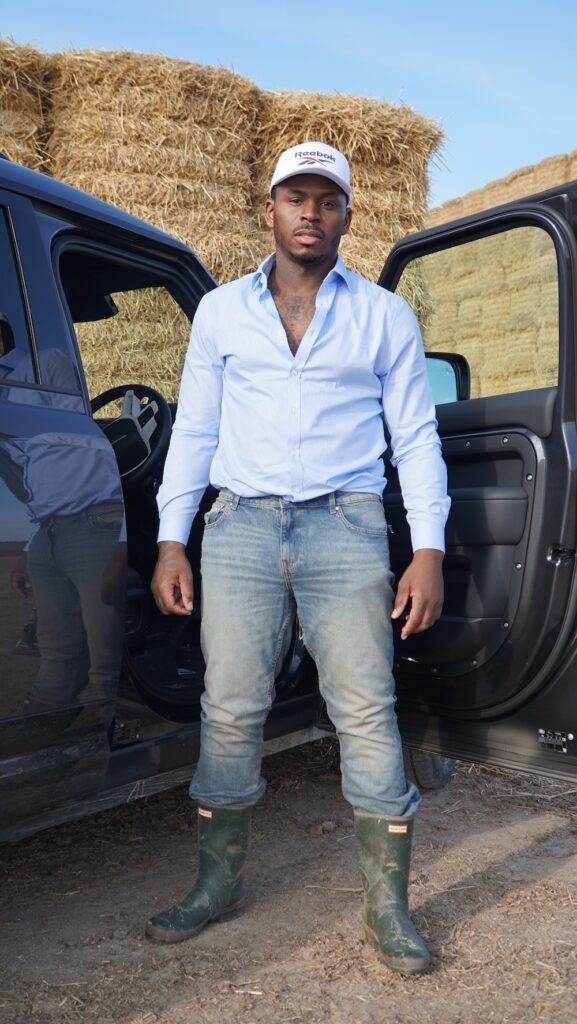
Season 2 is filming now — what’s different this time?
This time we’re digging deeper and travelling further out. There’s so much more to learn, and I feel like this journey can take me anywhere. It’s about growth — for me, for the viewers, for the culture.
The CC Foundation has been a big part of your story — how do you balance charity work and business?
They go hand in hand. CC Foundation’s about community and creating opportunity. Farming’s the same — you plant, nurture, and feed people. Whether it’s food banks, turkey drives, or giving away fresh eggs, it’s all from the same place: love and responsibility.
What’s been your most powerful moment of giving back?
When we started handing out farm eggs from F Manor to families back in my area. It wasn’t about the product — it was about showing growth. People who knew me from music now seeing me produce food for the community… that hit deep.
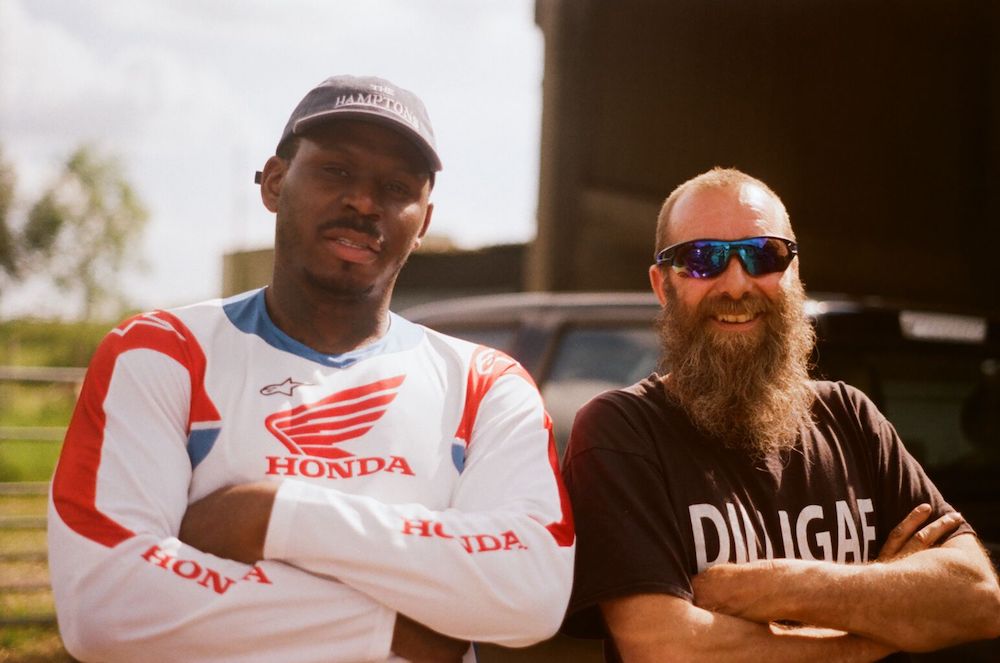
If Hood 2 Farm could spark one real change, what would you want that to be?
I want young people in the city to see land differently — as something you can own, learn from, and build on. It’s not just countryside stuff; it’s opportunity.
What’s next for F Manor?
I’m building it into a full experience — a place where everyone can come and feel the countryside. Get fresh produce, maybe a small restaurant, see the animals. I want kids from the city to come and understand the beauty of nature and hard work. Basically, an attraction that bridges both worlds. I’m still working it all out — that’s part of why Hood 2 Farm exists, to document the journey.
How do you define success now, compared to when you first blew up?
Success now is realising it’s not about money. It’s about health, good mental health, being grateful. If I can wake up, feed my animals, build something lasting and still inspire people — that’s legacy to me. I used to chase charts. Now I chase peace. But the mission’s still the same — to grow, to build, and to show that no matter where you’re from, you can plant your own future.”
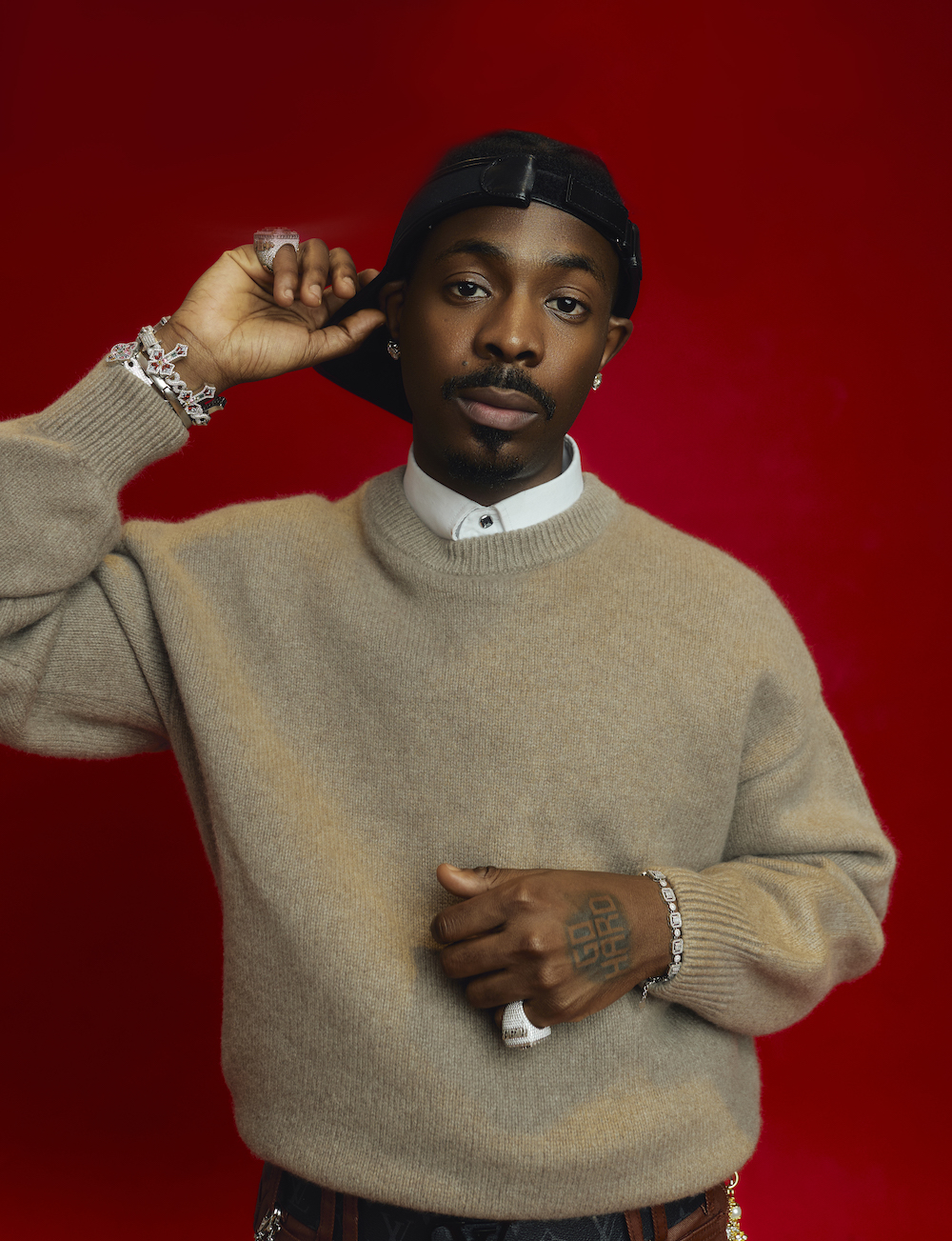
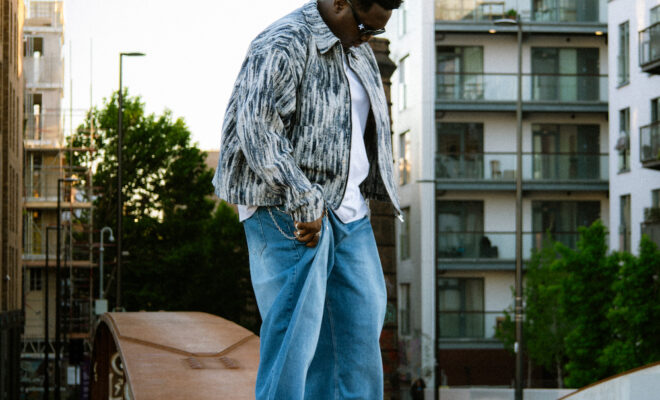
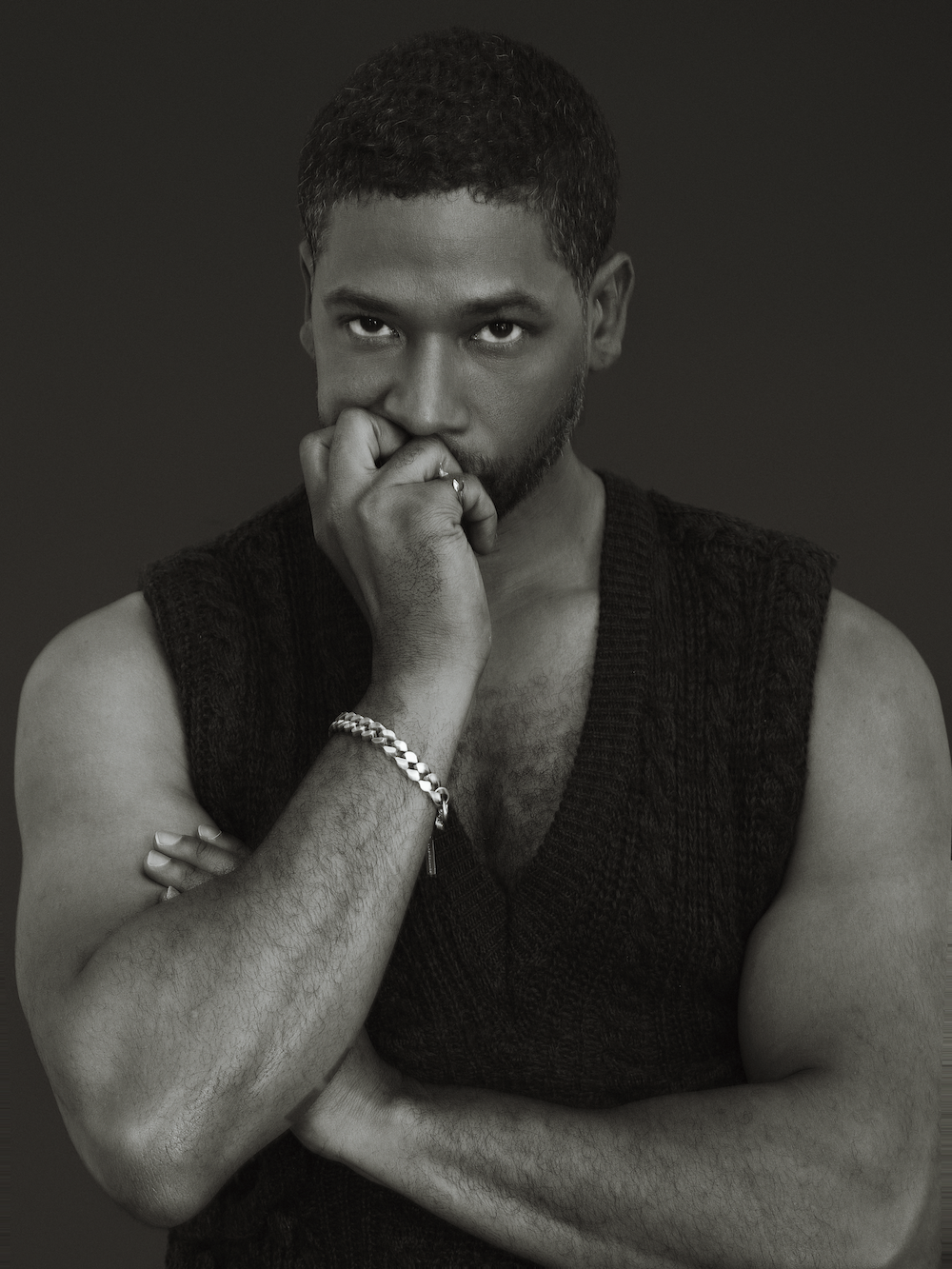




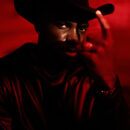
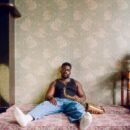


[INTERVIEW] WAVE MONTEGA HAS BIG THINGS COMING
[INTERVIEW] RUSS MILLIONS
[INTERVIEW] RUSS MILLIONS
Protected: Order – March 11, 2022 @ 01:18 PM